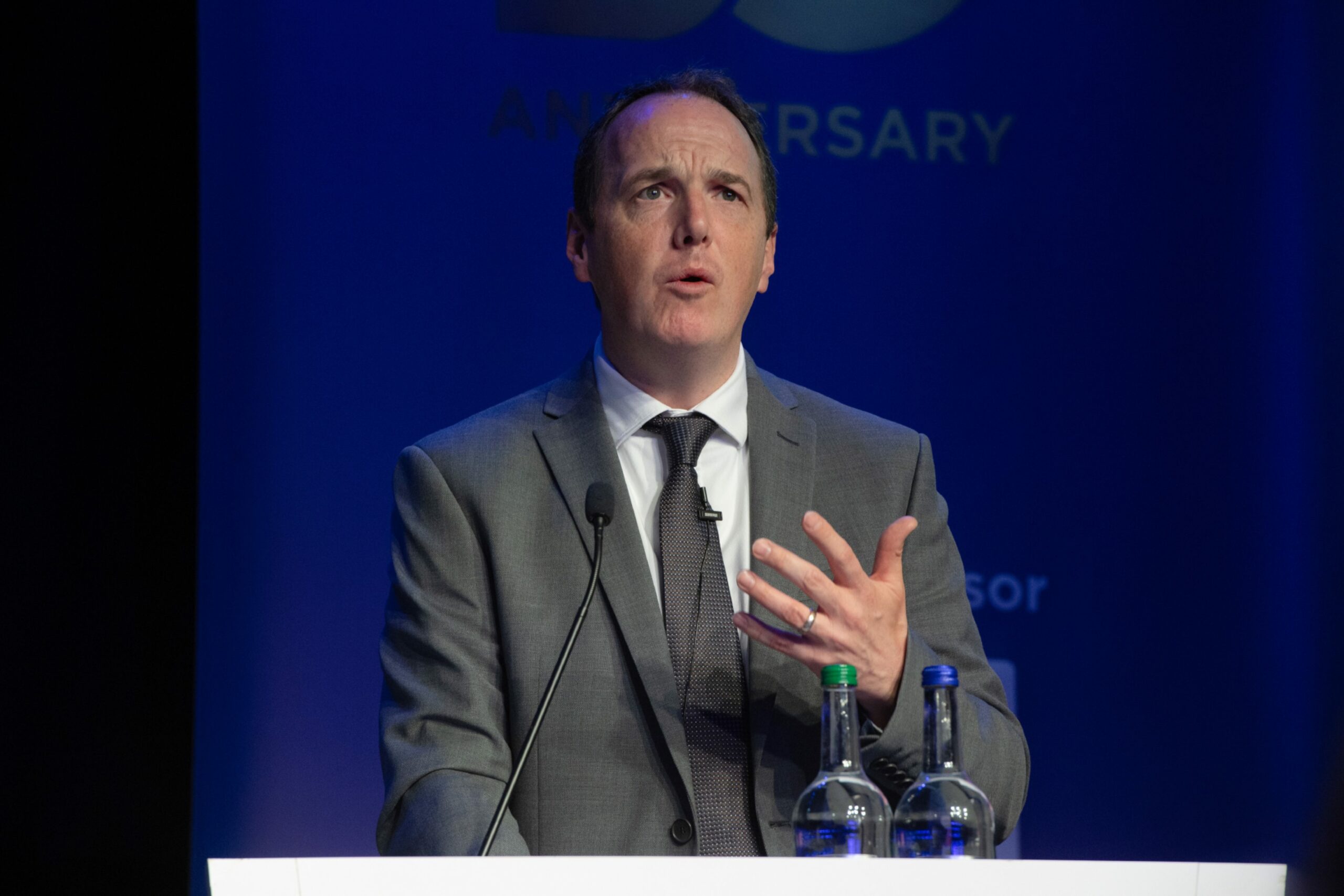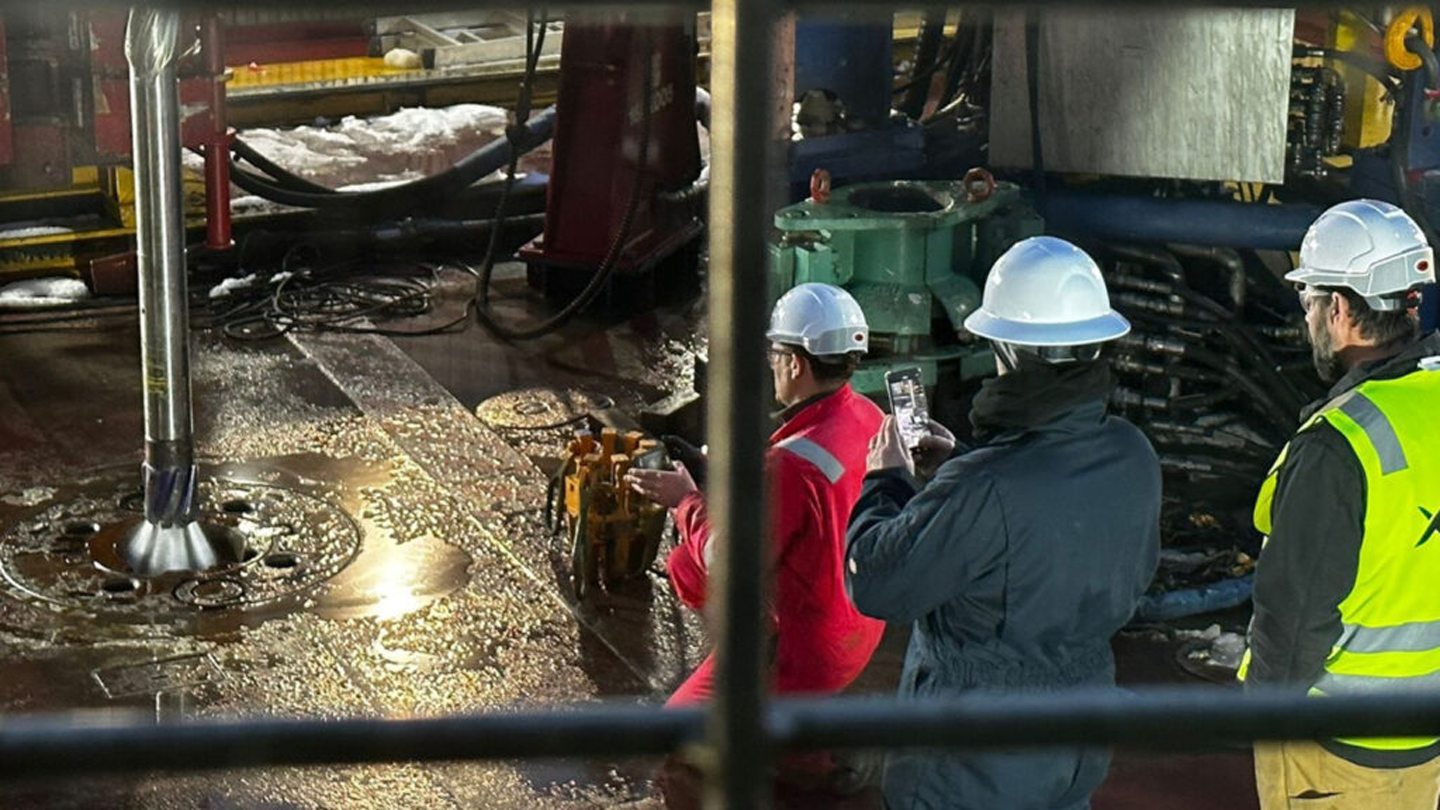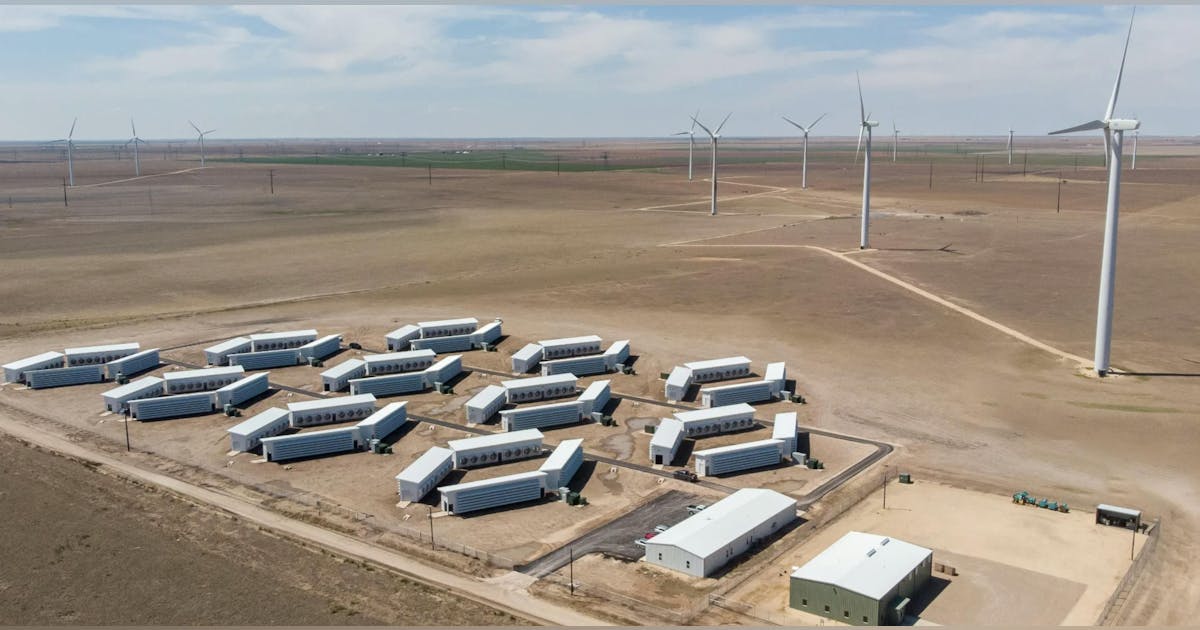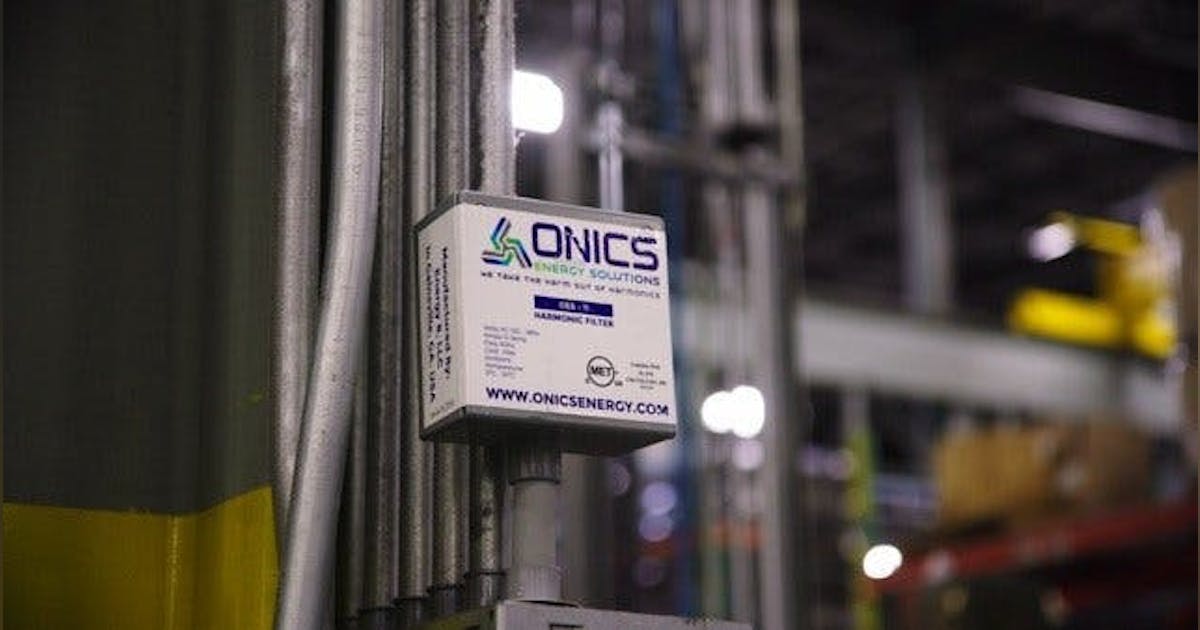Serious politicians should always beware of what I will call Emperor’s Clothes Syndrome, when normally sensible people are carried along by a mantra that is eventually confirmed as absurd.
I’ve seen it through my political life – not least on energy policy – when single issue zealots got control of the bus and the price of staying on board was to subscribe to what the passengers knew was foolish. Until someone – usually the electorate – called halt.
We’ve recently seen the syndrome at work over gender policy, where it took the Supreme Court to determine a fundamental that need never have been in dispute. Yet, for many who should have known better, it was easier to nod in acquiescence than to challenge an aggressive orthodoxy.
I am hopeful that energy policy may be on the verge of such a cathartic moment. But who will be the little boy in the crowd, as per the Hans Christian Andersen fairy tale, who hasn’t been let in on the secret and brings credulity to a head?
Actually, there are a few queuing up for the role. At the STUC last week, Gary Smith of the GMB union did not miss and hit the wall. “Just switching off investment in the North Sea is absolute madness”, he declared.
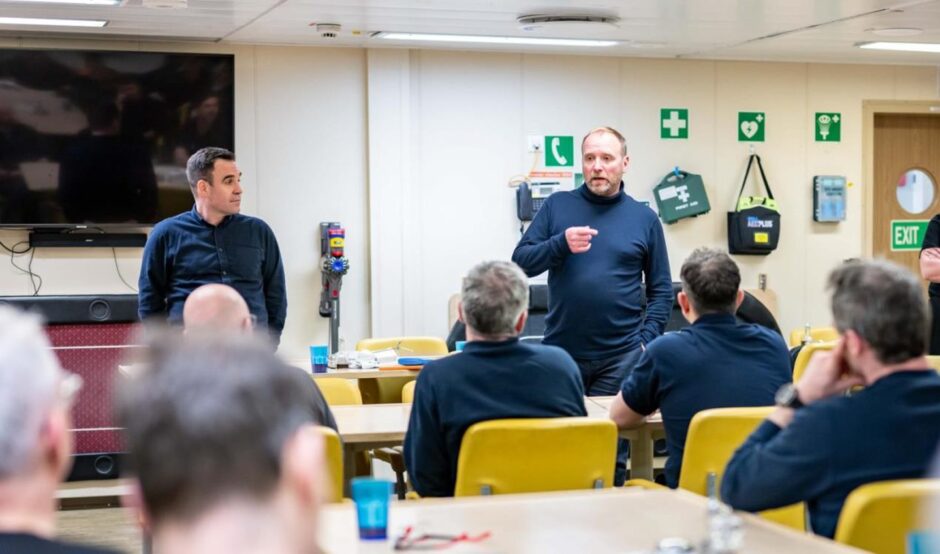 © Supplied by OEUK
© Supplied by OEUK“It’s bad for national security, it’s bad for jobs, and the truth is it’s catastrophic for the environment because we are importing oil and gas, which is far more carbon intensive than producing it ourselves”.
Like that little boy watching the Emperor’s parade, Smith has done no more than speak what pretty much everyone knows to be true, even if they feel obliged to pretend otherwise. The difference is that this is no fairy tale.
As he says, it’s about national security – and it’s also about people’s jobs and economic prosperity. The point is at hand where decisions will have to be made at which an intolerable level of damage will be caused unless that trusty old friend, common sense, prevails.
An essential part of the strategy for those who send an Emperor out naked is to intimidate the doubters into silence. In the energy context, the tactic has been to brand sceptics as “climate change deniers” and worse. It is, of course, complete nonsense – and always has been.
Again, Gary Smith summed it up pretty succinctly: “We don’t disagree with the destination. We realise that climate change is a huge threat. We want to build a low-carbon future, but you do not do that by closing down Aberdeen, by shutting off domestic oil and gas production.”
 © Supplied by PA
© Supplied by PAThat, I would contend, was unarguable several years ago, even before the ‘just transition’ was hijacked by pressure groups who chose to interpret it as a front for closing down our own resources at the earliest possible opportunity.
It is even more unarguable now, in a febrile global environment, when nobody doubts that oil and gas will be part of our energy mix for several decades to come, regardless of what anyone might wish for. The only question which then remains is why on earth would it not make sense for us to produce it ourselves for the same period of time?
So now is the moment for sensible people to stop being intimidated by the charge of heresy. The transition to renewables should never have been caricatured as an “either-or” decision, and it is time for governments, both Scottish and UK, to get off that hook without further delay.
The solution is simple – embrace all the options which can hasten the transition to a non-fossil fuel future but, at the same time, maintain our domestic production rather than rely on imports. Would the vast majority of voters not subscribe to these two principles?
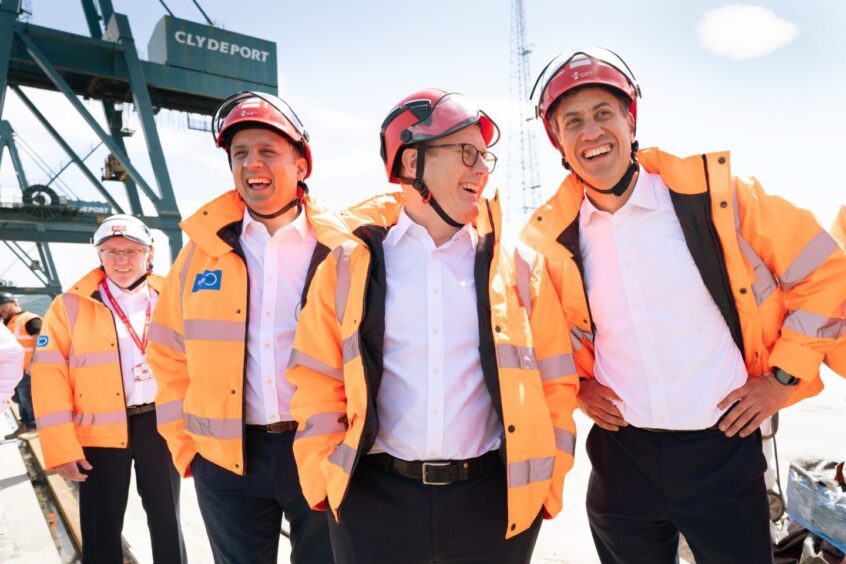 © Supplied by PA
© Supplied by PALabour have had ten months to transition from the rhetoric of opposition to the reality of government. The SNP, however much they try to squirm out of it, set the ball rolling with its “presumption” against new licences. What is needed now is a consensus for common sense, which would get both governments off their respective hooks.
Interestingly, Tony Blair re-entered the fray in very much the terms I have described. “Political leaders, by and large, know that the debate has become irrational. But they’re terrified of saying so for fear of being accused of being ‘climate deniers’,” he wrote.
“As ever, when sensible people don’t speak up about the way a campaign is being conducted, the campaign stays in the hands of those who end up alienating the very opinion on which consent for action depends.”
The lurch of the pendulum in the United States should warn of what happens when risks are ignored. Instead of a genuine “transition” enjoying support across the political spectrum, 70 million Americans voted for a President who hates renewable energy and whose mantra is “drill, drill, drill”.
There is no need for this to happen here if politicians have the courage to lead rather than follow. By facing down virility tests which single issue campaigners will set for them – like Rosebank – they can secure a consensus for policies which head towards net zero while retaining the necessary balances.
The more people of influence argue for that approach, the better chance that rational outcomes can prevail, without any surrender of principle or intent.







